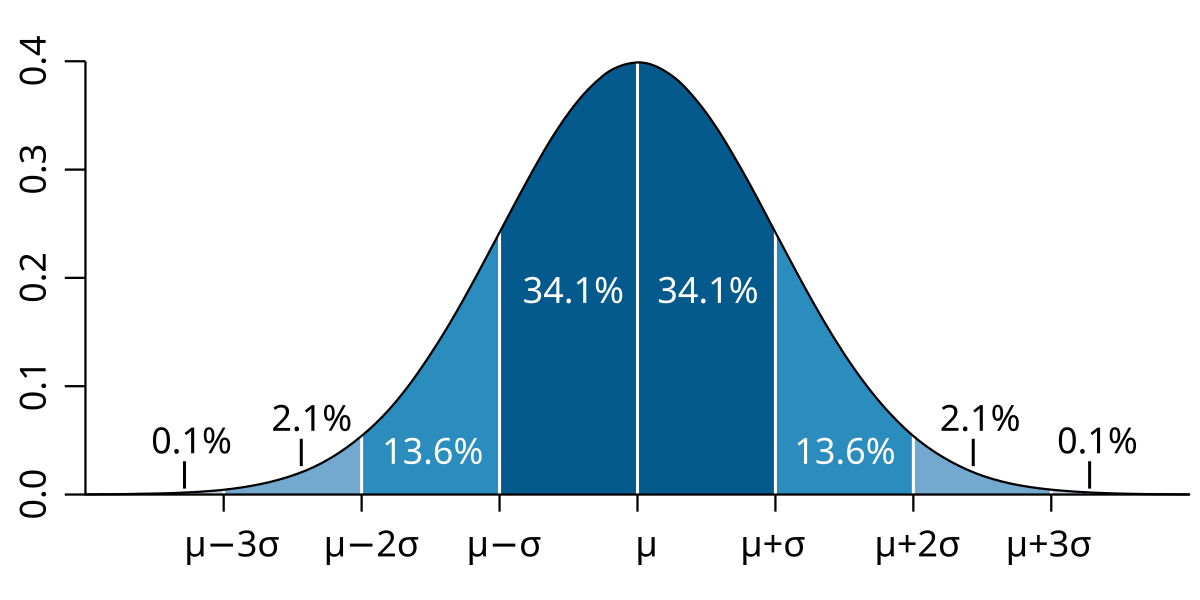peacegirl
Veteran Member
- Joined
- Sep 12, 2024
- Messages
- 1,763
- Gender
- Female
- Basic Beliefs
- I believe in determinism which is the basis of my worldview
That is true, but I want to emphasize that not all of our movements are about making choices. As I wrote earlier, we often move away from dissatisfaction just by a change of position such as when our foot falls asleep. Every single movement in life is in this direction. It is a movement away from a feeling that has grown uncomfortable to a more comfortable or satisfying position. I'm inserting the word comfortable so that it may be easier to understand.I would add to free will making a choice without any bias from life experience going back to birth.Free will is the ability to choose A or B without compulsion or necessity: free of influencing factors. Determinism is the opposite. It is choosing A because B is impossible or choosing B because A is impossible under one’s particular circumstances. I know this is simplified but I wanted to offer you a quick response.
It's more than just choosing insignificant things. This whole debate centers around moral responsibility where someone could get hurt by another person's choices.If you say free will in common talk I expect it is taken to mean you can choose between a Toyota and Ford without anyone looking over your shoulder, No one is going to force you to buy red shoes instead of black.

Determinism - Wikipedia
en.wikipedia.org
Correct definitions matter. The problem is that some definitions do not reflect reality, yet we hold them sacred because that's how they've been defined for years and years.Determinism is the philosophical view that all events in the universe, including human decisions and actions, are causally inevitable.[1] Deterministic theories throughout the history of philosophy have developed from diverse and sometimes overlapping motives and considerations. Like eternalism, determinism focuses on particular events rather than the future as a concept. The opposite of determinism is indeterminism, or the view that events are not deterministically caused but rather occur due to chance. Determinism is often contrasted with free will, although some philosophers claim that the two are compatible.[2][3]
The problem with philosophy is there can be no hard and fast singular definition of terms, so arguments are made in context of a particular definition.
I'm trying to demonstrate to you, why the truth (that we have no free will) matters in a very significant way.The question of determinism versus the justice system has been covered in crime dramas. If all things are predetermined behavior then the justice system falls apart. No one is responsible for actions.
I see some of that here in Seattle. Our progressive politicians tend to decriminalize as much as they can. No one is really responsible.
If you want to prove it one way or the other then come up with an experiment that demonstrates free will versus determinism, I do not think it is possible.
I agree that our thoughts are based on neurons and synapses that allow us to reason based on whatever shows up in our brain states. But this does not in any way negate the fact that we move in one direction. Free will and compatibilism believe a person could move in a different direction hence their justification to blame and punish those who chose "wrongdoing." It is understandable how this belief came into existence and how it is needed for the justice and penal systems to do their job.he way I look at it is from physics.Our thoughts are based in atomic interactions in cells. At the quantum level so far there is randomness at the lowest level. Given the exact same set of circumstances will someone always make the same choice?
Last edited:
